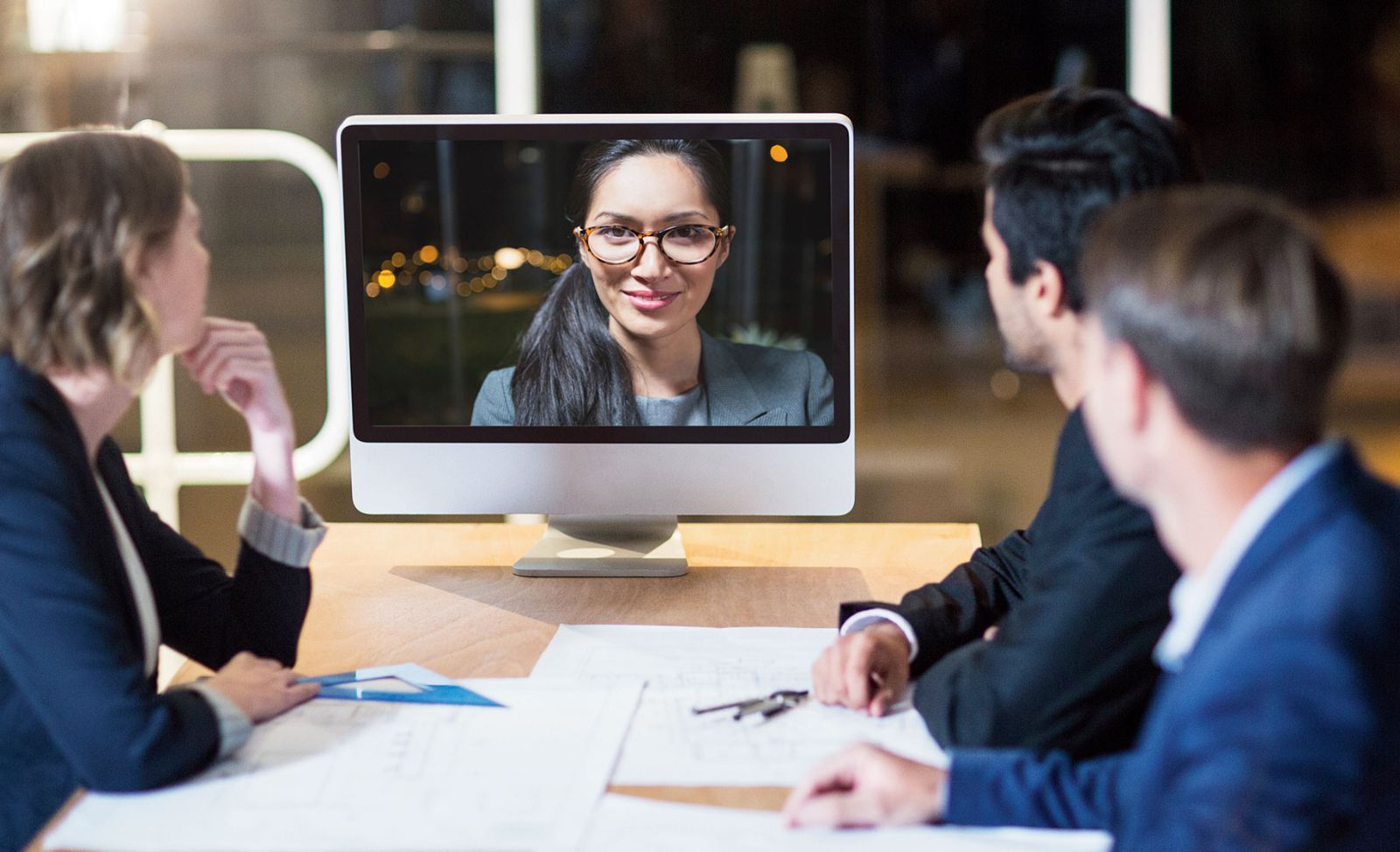
After completing his MBA from the Birla Institute of Management Technology in Noida, Anish A. got three interview calls. None of them got him a job offer but his fourth interview was a different story - it was a video interview.
"I always felt more confident in giving video interviews. I was able to answer each and every question with ease and confidence. I wasn't feeling as nervous as at my earlier interviews. Also, I could hide my sweaty palms," laughs Anish, the marketing trainee with Unison Insurance Broking Services Pvt. Ltd in Chennai.
Nowadays, video and telephone interviews are commonplace. Instead of a face-to-face interview, many companies start the recruitment process with a call to discuss the job opportunity, determine if the candidate is a good fit, and gauge his or her interest in it. Many a time a candidate has to only sit for a video interview to land a job.
Sirshendu Choudhury, CEO of Virtual Global Education Limited, a skilling company headquartered in Delhi, prefers interviewing candidates over a video call. "I can evaluate the body language, facial expressions and get an overall feel of the candidate's personality. This helps narrow the candidate pool and reduce the cost associated with in-person interviews. Video interviews are also helpful when candidates are from distant locations or unable to travel at the time."
But a video or telephone interview is full of potential pitfalls too. So you'll want to make sure you're ready before you take that call.
Word skills
"There is a lot of difference between face-to-face and telephone or video interviews," says Arihant Tater, who has experienced three telephone and one Skype interview. "Your face is not visible [in a telephone interview] so you have to be extra cautious of how you sound. Your voice can easily be misunderstood," says the 25-year-old chartered accountant who works as a consultant with a law firm in Mumbai. The tone, volume, pitch and way of speaking is important. "In a face-to-face interview, it is easier to get your point across. You are also able to gauge what the interviewer is thinking," he says.
And what is an interviewer usually thinking? Vinay Bhatter, a process associate at a renowned MNC in Calcutta, says, "While interviewing someone over a call, we see their way of communication and figure of speech. We notice whether he or she is able to convey his or her message and if he or she replies to our questions without hesitating, getting confused or going blank. And most importantly, whether the person is a good listener and gets the questions." Vinay also emphasises that the interviewee has to carefully choose his or her words to convey the right message in a crisp and concise manner.
Dress code
If you're at home, it may be tempting to take the interview call while lounging on the couch or in your pajamas. Mahesh Tibrewal did not take the trouble to wear trousers at his video interview. "I wore a shirt with shorts because I knew people on the other side couldn't see it," smiles the software engineer at Persistent Systems Ltd in Nagpur. While Mahesh got away with that, it is always better to dress in formals before a video interview because there is always the possibility that you may have to stand up. When you look smart, the first impression is already made.
There are other things that you have to keep in mind while preparing for a video interview. The interviewers will be able to see your surroundings, too, so find a neutral location with good lighting. Don't sit in front of a window. This creates a silhouette and you'll most likely be in shadows the entire time. Make sure that you are in a quiet space or a closed room with no barking dogs or distracting sounds. Turn off your phone and any alerts on your computer to avoid getting distracted by the ping of emails or instant messages during the interview. The microphone will pick up any noise in the room, so don't tap your pen or shuffle papers. "Always try to talk in speaker mode. It helps you to think and express better," advises Arihant.
Net connect
On one of Mahesh's video interviews, the communication was inaudible due to poor connectivity. To make sure it does not happen to you, double check that you are in a full network zone before you take that call.
"The candidate should be in a noise-free area with full network for a telephonic interview. For a video call, it is important to ensure that the connectivity is perfect for an uninterrupted 30-45 minutes," says Sirshendu of Virtual Global Education Limited.
So, check your network and Internet connectivity. For a video interview, log in before time. Don't keep the interviewer waiting. Be calm. Make sure you are audible. Let the interviewer finish his question before speaking.
Not everyone is a fan of the telephone interview. "During a technical round, sometimes candidates take help from the Internet or technical contents that they can access," says Hiranmoy Saha, the human resources manager for a fashion line called Miss Chase. "Sometimes candidates speak well over the telephone but they lose confidence when they communicate face-to-face." That is why he prefers the in-person interview, at least for profiles that need to communicate with customers.
Keep these points in mind and you are sure to ace that interview.










